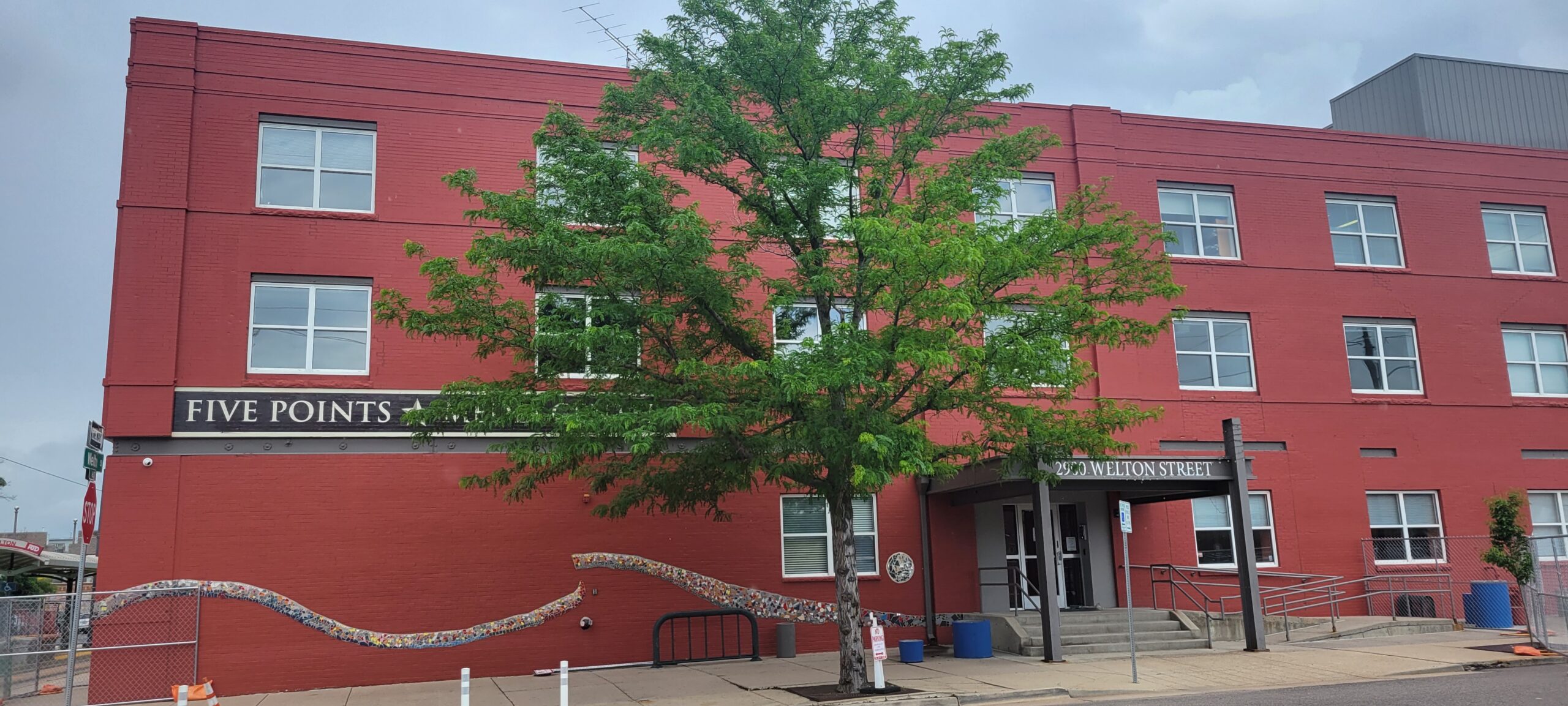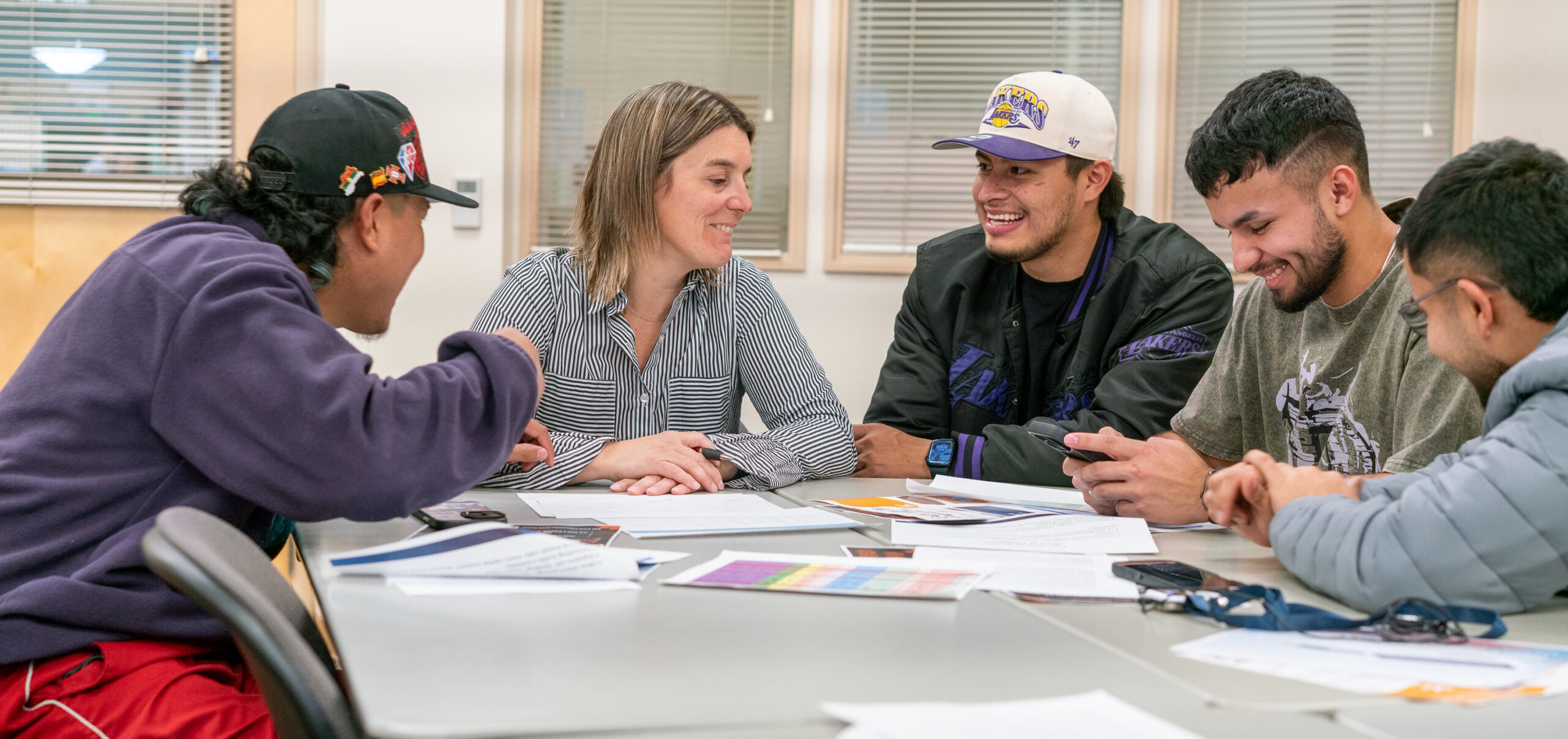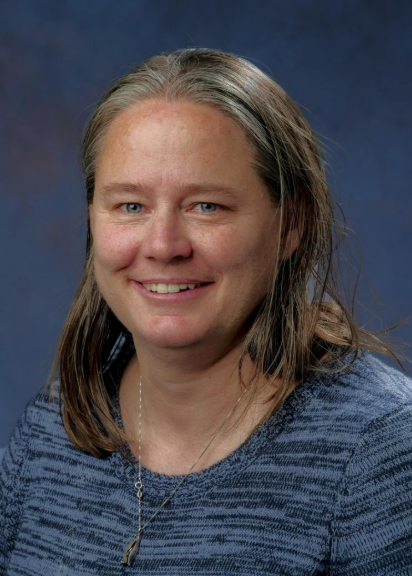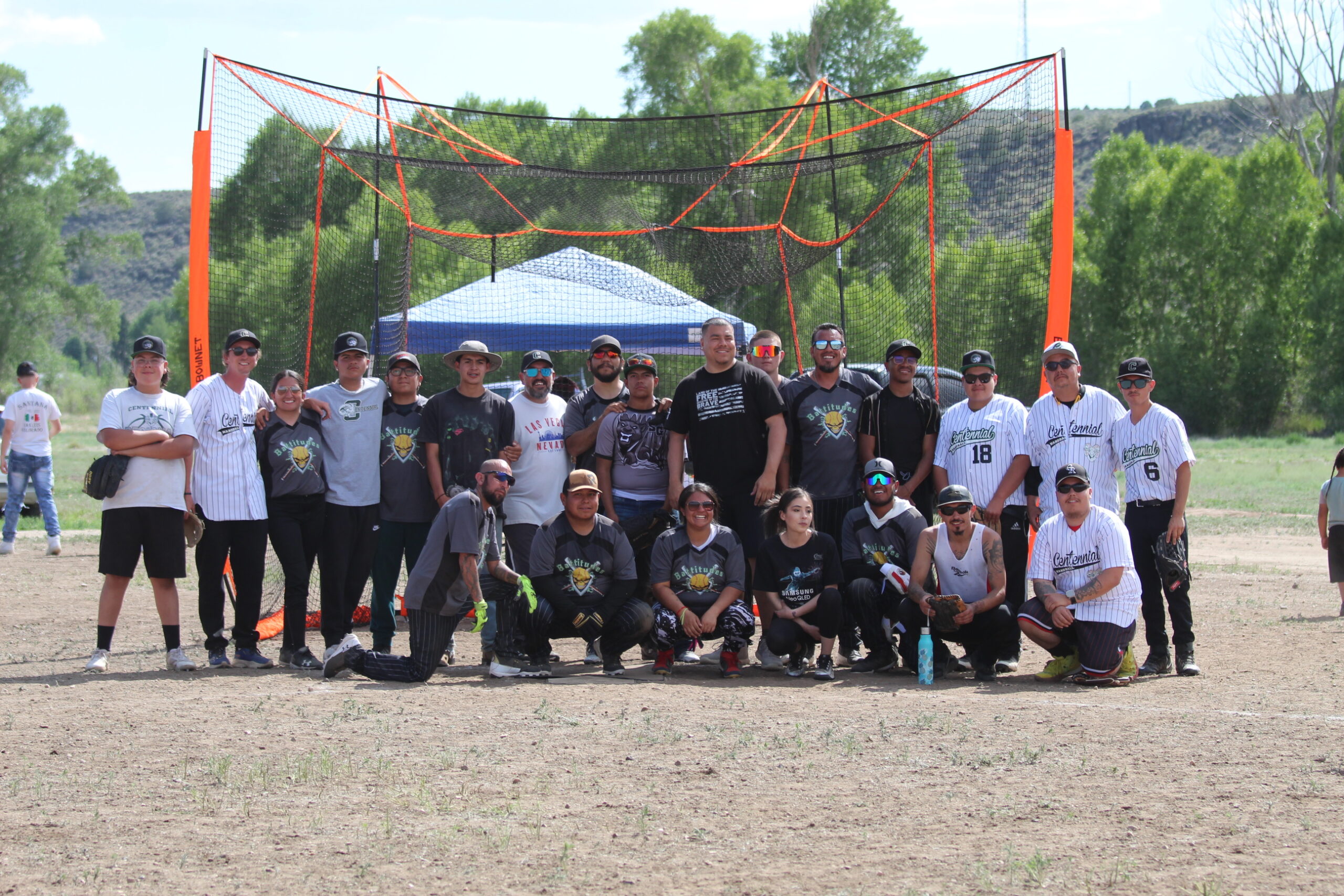In a bold move to address systemic inequities and bolster support for nonprofit leaders of color, Richard Lewis founded the RTL Foundation and the BIPOC Nonprofit Development Center (BNDC). As the CEO and founder of RTL Networks—an acclaimed technology solution provider—Richard embarked on this mission over two decades ago, aiming to create a more inclusive and supportive environment for minority-led organizations.
The center opened its doors in 2023 at the Five Points Media Center in Denver’s historic Five Points neighborhood. It provides private offices, co-working spaces, conference rooms, and production studios for rent by nonprofit organizations including the Latin American Educational Foundation, Urban Leadership Foundation of Colorado, and Philanthropy Colorado.
As a recent funder of the center, we connected with Richard to learn more about how his background and experiences as an executive entrepreneur of color have shaped his vision for BNDC.

Tell us about what motivated you to start RTL Foundation, and how did your past experiences prepare you for this venture?
“Evidence shows that BIPOC individuals are still disadvantaged in hiring, promotions, and access to executive-level experiences and financial services. The foundation aims to address these inequities by supporting BIPOC-led nonprofits, helping them overcome challenges related to limited exposure to advanced business practices, executive-level perspectives, and necessary financial products and services.
I have worked extensively with numerous BIPOC-led and serving nonprofits in the Denver metro area. This work has highlighted the direct correlation between the challenges these organizations face and the disparities they aim to address. The lack of stable office space, secure IT infrastructure, and appropriate meeting places are among the issues hindering their effectiveness.”
How would you describe your leadership philosophy, and how has it evolved over the course of your career?
“The first leaders I had the opportunity to meet and get to know were my parents, and in particular my mother who raised my brother and me. My mom was brilliant and forceful, but very collaborative. Because it was just the three of us, she impressed upon us that we would have to work together to succeed as a family unit. This always stuck with me and to this day, I feel that one of the strongest pillars of my leadership style is to foster collaboration whenever and wherever possible, as we are able to accomplish more together than alone.
I attended the Air Force Academy and served as an Air Force officer for 10 years. This experience drove me to place a high value on discipline and structured approaches to problem-solving. The military gave me more strong leadership examples to admire and emulate. This further shaped his leadership philosophy, instilling values of discipline, structure, resilience, adaptability, and ethical leadership.
After separating from the military, I had the opportunity to practice these leadership techniques in a corporate environment. The major shift in this transition for me was that my mission and focus was now directed at new (and refreshingly less lethal) objectives and priorities. My mission now was maximizing customer satisfaction. Thus, I began to prioritize understanding customer needs, delivering high-quality products and services, and maintaining strong customer relationships.”
What kind of resources and support does the BIPOC Nonprofit Development Center provide to help BIPOC nonprofits overcome barriers and thrive in their respective fields?
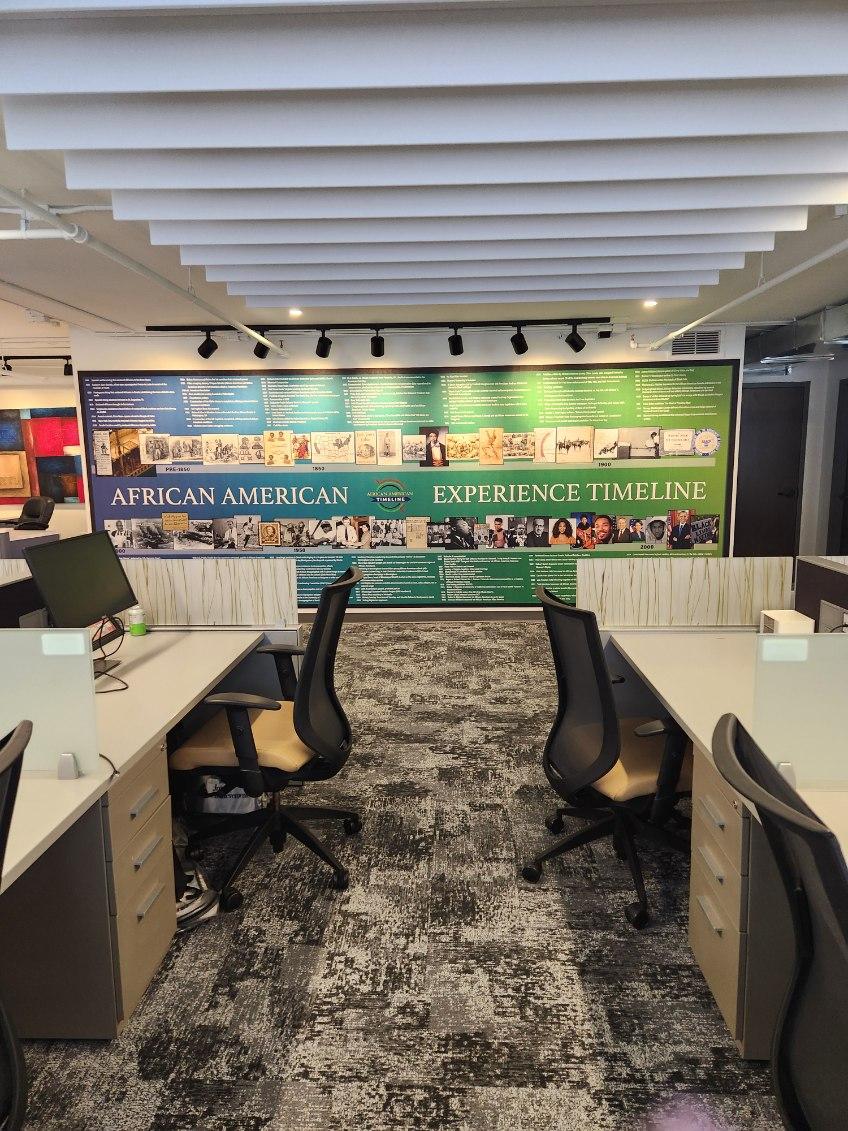
“The BNDC is more than just a center; it’s a lifeline for BIPOC nonprofits. It offers affordable office space, conference and event facilities, mentorship opportunities, and a strong community connection. It’s a place where nonprofits can grow, thrive, and make a difference.
The BNDC also offers specialized training and workshops, including leadership development, grant writing, financial management, and board development. These programs are designed to strengthen organizational competencies and enhance strategic direction.”
How does the BIPOC Nonprofit Development Center foster collaboration among BIPOC-led nonprofits, and what role do partnerships play in its strategy?
“The BNDC believes that proximity fuels collaboration, innovation, and support. This will be an environment where the leadership of organizations can get to know one another, like one another, and trust one another. This process will enable healthy working relationships and produce fertile ground for collaboration. This type of collaboration will be imperative to achieve the extended vision of the BIPOC Nonprofit Development Center. Currently, there are many funders who provide multiple smaller grants to several organizations with overlapping missions. However, we believe the BNDC allows funders to provide larger, more transformative grants to achieve a greater impact within the community. Because our members are already officing and working together, they are primed to collaborate and work together to successfully perform on larger impact donations.”

